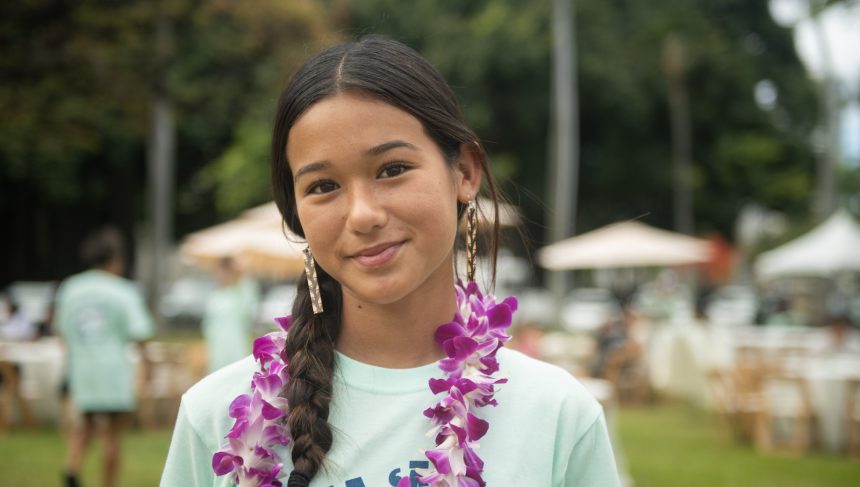On Aug. 8, 2023, 13-year-old Kaliko was preparing for her hula class at her mother’s home in West Maui when the power went out. She heard about a wildfire in Lāhainā, her dad’s town, but didn’t initially worry, as fires were common in the summer. However, as the day progressed, Kaliko discovered that this fire was unlike any other – her dad’s house had been destroyed, and the Lāhainā fire had ravaged the town, claiming 102 lives and over 2,000 buildings. The fire, exacerbated by climate change and colonialism, was a catastrophic event that forever altered Hawaiʻi.
Today marks the one-year anniversary of the deadliest wildfire in modern United States history. Kaliko, now 14, has since become passionate about defending her community. Recently, she was involved in a lawsuit that compelled the state of Hawaiʻi to commit to decarbonizing its transportation system, a major source of greenhouse gas emissions. Kaliko’s advocacy work also extends to defending Indigenous water rights, a duty she sees as her kuleana – a Hawaiian term embodying both privilege and responsibility to her community. She is determined to uphold her family’s 19-generational legacy in West Maui.
Indigenous youth, like Kaliko, are increasingly taking legal action to hold governments and companies accountable for their contribution to climate change. Across the globe, young people are filing lawsuits to safeguard their land and cultural resources from the devastating effects of colonialism. These efforts have led to significant victories in countries like Australia, Colombia, and the United States.
Kaliko’s involvement in climate litigation, despite being a minor, has been impactful. The successful outcomes of cases spearheaded by Indigenous youth like her have set a precedent and highlighted the persuasive power of such plaintiffs in climate litigation. The surge in climate change litigation globally, especially by Indigenous communities, underscores the need for urgent action to address climate crisis.
In New Mexico, another climate lawsuit brought by Indigenous and environmental groups is challenging the oil and gas industry’s pollution. Johnny Juarez, a young community organizer and plaintiff in the case, sees it as a crucial step in combating environmental racism and advocating for a just transition to green energy. His family’s history of standing up against environmental injustices, from uranium mining to oil drilling, has deeply influenced his commitment to environmental justice.
The fight for environmental justice is deeply personal for Juarez, rooted in his Pueblo heritage and upbringing. His family’s resilience and resistance against colonial exploitation have instilled in him a sense of duty to protect his ancestral lands and community. Juarez sees climate litigation as a continuation of this legacy, a necessary step to ensure a sustainable future for generations to come.






